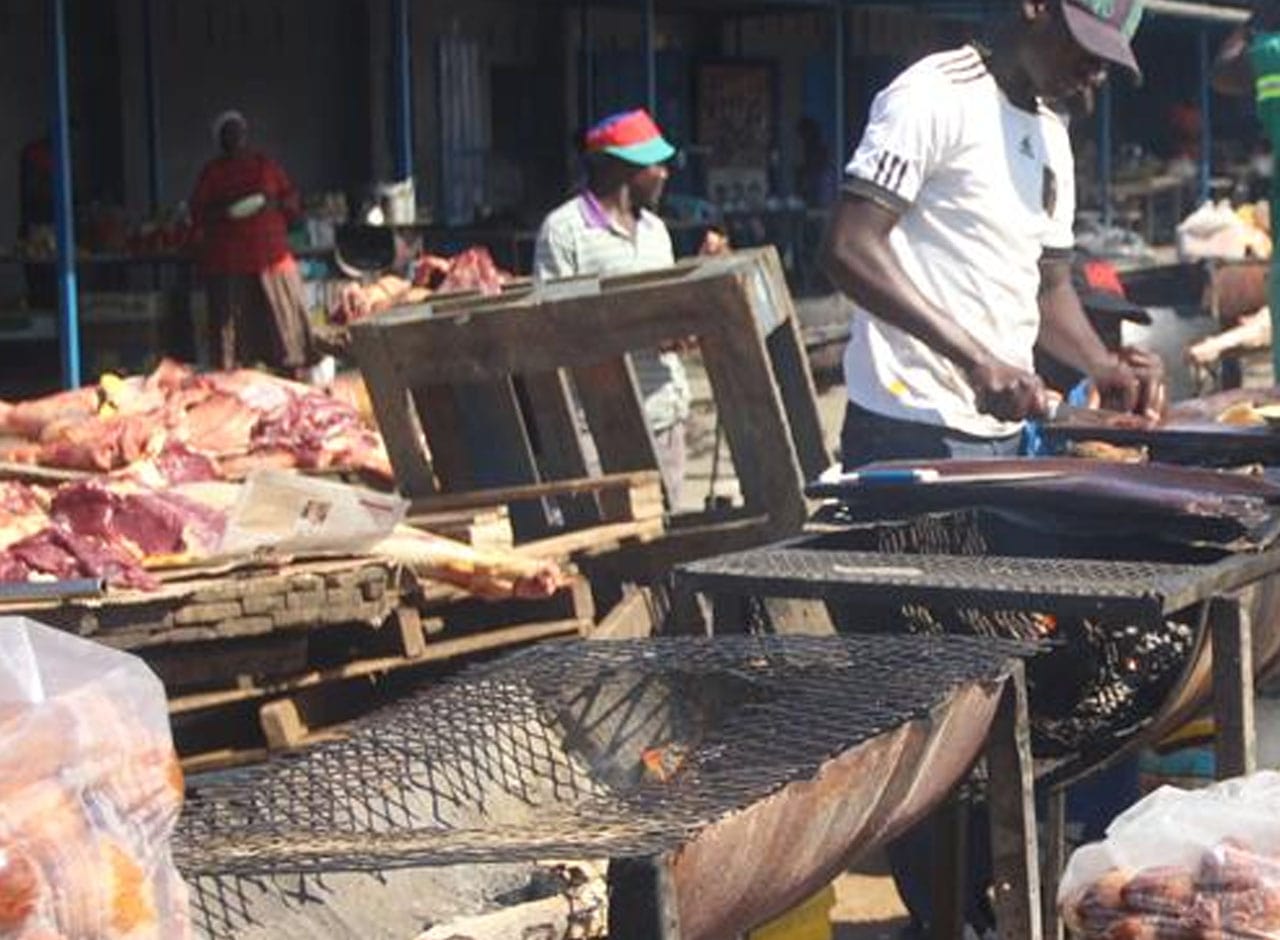Andrew Kathindi
Informal sector traders have accused government and the City of Windhoek of sidelining them when it came to polices regarding their operations during and post-lockdown.
According to Namibia Informal Sector Organisation’s Secretary General, Veripi Kandenge, the 7,000-member strong organization was never consulted by government and the city council regarding its members’ concerns and operating conditions.
“We have not been consulted about the way forward regarding the opening of markets despite certain informal markets set to reopen by Monday,” he said,
“We call on policy-makers to include the informal sector representatives when developing policies concerning them. Our sector provides income to many people but it’s not recognised. The informal sector is not protected by law and police have been chasing and harassing vendors since the lockdown was announced.”
He said workers in the informal sector have been grouped into two groups: those who operate in set-up markets and those operating on the streets. This move Kandenge said, left out street vendors, amid on-going registration for all to get training on the virus.
“There’s a lack of consultation from the ministry and all the stakeholders. Although there’s a team tasked by the ministry of trade and industry, the overall consolation has been lacking. With the markets re-opening, we don’t know what the municipality has in place and if they have done extensive training with the traders.
“People are now at home but we don’t know if they are being trained to trade again. We also haven’t been informed if the municipality is going to reduce the rental for this month since no one was operating,” Kandenge told Windhoek Observer.
To prepare his organistion’s members for when more markets open, Kandenge said they have started educating trainers to work with the informal sector.
Kandenge said that although the sector caters for about 65 percent of the national workforce, it remains excluded from National Development Plans and Vision 2030.
“We have heard about the stimulus package that people are getting but we don’t know who to contact. We understand that SSC will allocate some funds for the informal sector but they never spoke to us. We know that SSC is asking those affected to apply through their website but some of our people in the informal sector don’t even have access to the internet,” he lamented.
Metal and Allied Namibian Workers Union (MANWU) General Secretary Justina Jonas-Emvula, said there was also confusion regarding the SSC’s stimulus package for her industry as certain workers who earned above the annual N$50,000 threshold, “which is the cut off for this package, were not eligible despite having their salaries cut in half due to the coronavirus.”
She said construction and engineering are the hardest hit industries within her jurisdiction.
Meanwhile General Secretary Nellie Dina Kahua of the Namibian Domestic and Allied Workers Union (NDAWU) said domestic workers have been discriminated against by some employers, who believed that workers living in informal settlements and townships like Havana might bring the virus into their homes during this time.
Kahua advised employers of domestic workers to register them with Social Security Commission so that they can benefit from the various programs.
“Those that are registered will benefit from the stimulus package but how is the government going to accommodate those who aren’t registered.”




